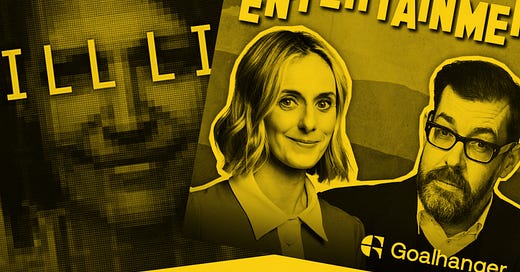Get people to pay real money for your podcast
Lessons from three shows that have actually made me open my wallet (or want to).
I’ve had several questions recently about podcast monetisation. It’s a topic we’ve covered before in Podcast Strategy Weekly, but since it’s such a perennial issue, it’s worth revisiting.
There are a few shows I listen to that have successfully convinced me to pay for their premium offering. I thought it would be interesting to break down those shows, ex…
Keep reading with a 7-day free trial
Subscribe to Podcast Strategy Weekly to keep reading this post and get 7 days of free access to the full post archives.




